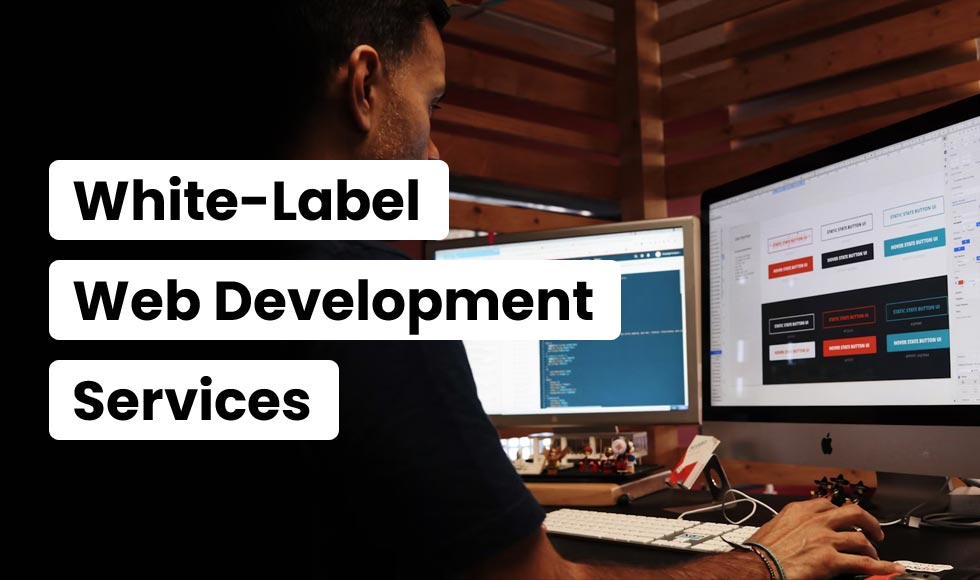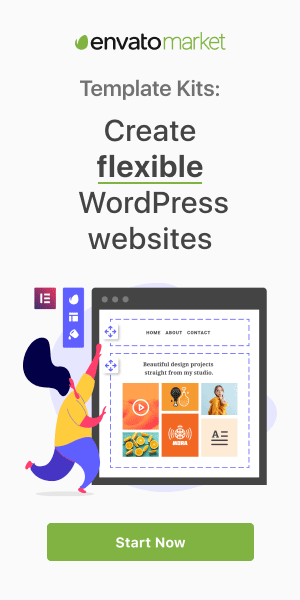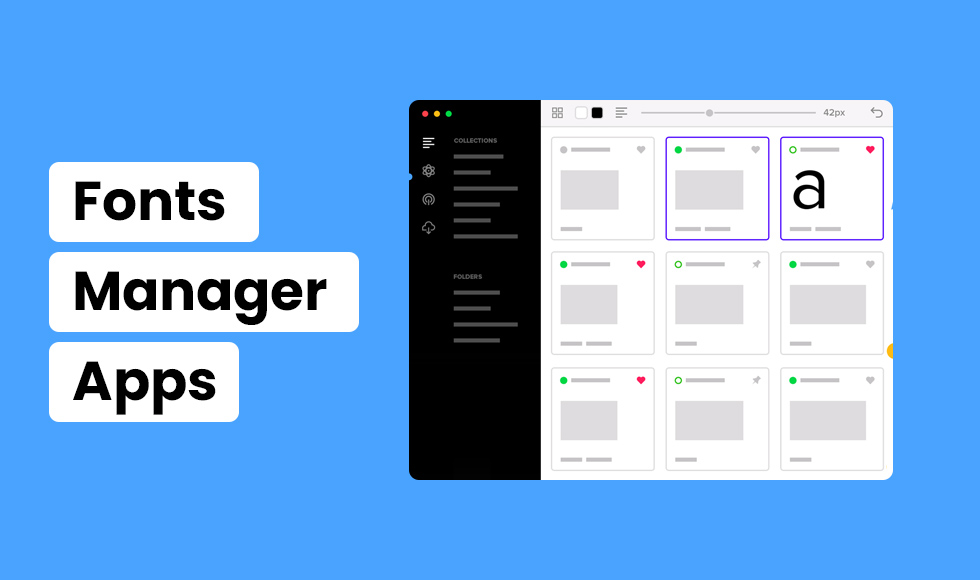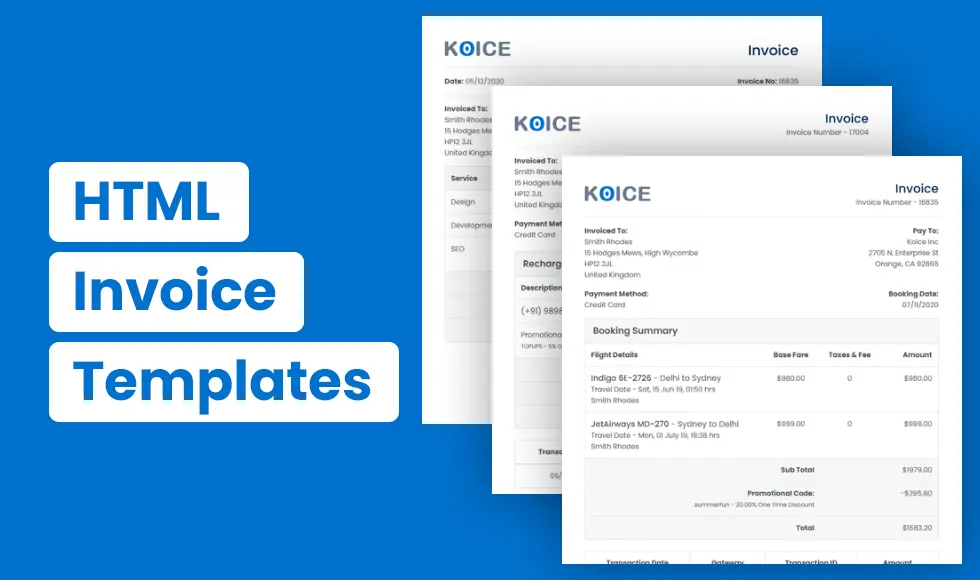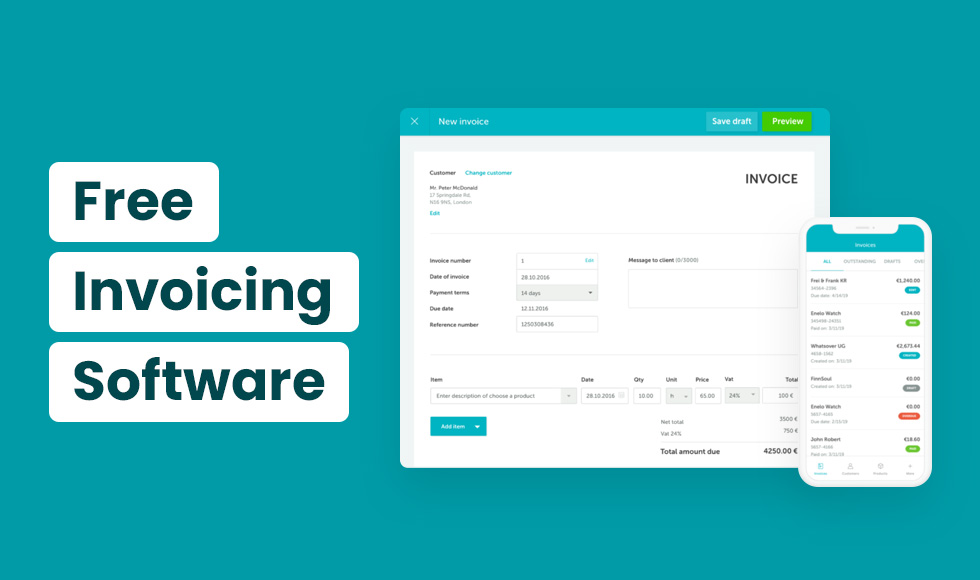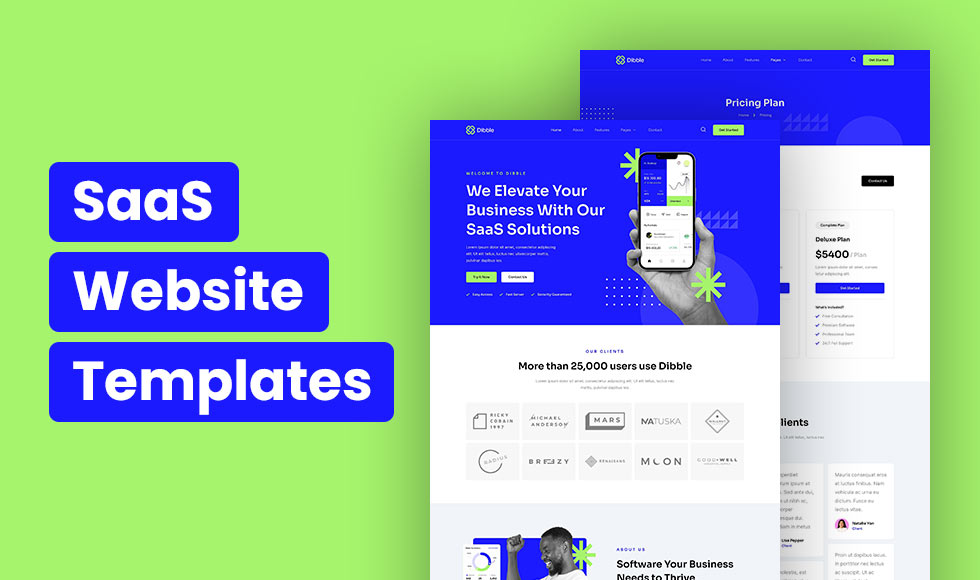In today’s digital age, web development is the cornerstone of a successful online presence for businesses. It’s not just about having a website; it’s about having a website that stands out, functions seamlessly, and meets the needs of your audience. This is where white-label web development services come into play, offering a strategic solution for agencies aiming to deliver top-notch websites without the hassle. Let’s dive into what makes white-label web development a game-changer for businesses and agencies alike.
Understanding White-Label Web Development
White-label web development is like having a skilled team of developers working behind the scenes for your agency without the hefty in-house costs. Think of it as a silent partnership – your white-label web development services company gets the credit, while the experts handle the technical heavy lifting. It differs from traditional web development in that it allows agencies to focus on their strengths, like client relationships and strategy, while outsourcing the nitty-gritty coding and design tasks to specialists.
- Expertise on Demand: White-label partners bring specialized skills to the table, from coding to design, ensuring your projects are in capable hands.
- Brand Customization: Maintain your agency’s branding while delivering high-quality websites, providing a seamless experience for your clients.
- Cost-Effective Scalability: Say goodbye to hiring and training costs; white-label services allow you to scale up or down based on project demand.
The Mechanics of White-Label Services
White-label web development operates on a straightforward yet effective process. It all begins with the agency identifying a client’s web development needs. Once those needs are clear, the white-label web development services company partners with a white-label service provider. Here’s a step-by-step breakdown:
- Needs Assessment: Agencies kick things off by thoroughly understanding the client’s requirements. This includes the scope of the project, specific functionalities needed, and design preferences.
- Partner Selection: Choosing the right white-label partner is crucial. It involves evaluating the provider’s expertise, portfolio, and reliability. A bit of extra research into client reviews and case studies can go a long way in making an informed decision.
- Project Briefing: Once the partner is selected, the agency provides a detailed project brief. This includes client expectations, timelines, and any unique specifications. Clarity at this stage ensures everyone is on the same page from the start.
- Development Phase: The white-label team takes charge of the actual development work, creating the website according to the outlined specifications. Regular check-ins and updates are standard to ensure the project aligns with the client’s vision.
- Quality Assurance: Rigorous testing is conducted to iron out any glitches or bugs. This phase is vital to delivering a polished and fully functional website.
- Delivery to Client: The completed project is handed back to the agency, ready for presentation to the client. The agency retains control over the client relationship, strengthening trust.
Advantages of White-Label Web Development
1. Cost-Efficiency and Budget Considerations
Budget constraints often pose challenges for agencies, but white-label web development provides a cost-effective solution. By outsourcing technical work to a specialized team, agencies can reduce overhead costs associated with hiring and training in-house developers.
2. Time-Saving Benefits for Agencies
Time is of the essence in the fast-paced world of digital marketing. White-label services offer agencies the ability to meet tight deadlines without compromising on quality. The efficiency gained from working with experts allows agencies to take on more projects and expand their client base.
3. Access to a Pool of Expert Developers
One of the standout advantages of white-label web development is access to a talent pool brimming with expertise. Agencies can tap into the skills of seasoned developers, ensuring the final product exceeds client expectations. This access to specialized knowledge elevates the agency’s capabilities without the need for extensive in-house training.
4. Focus on Core Competencies and Client Relationships
Agencies thrive when they focus on what they do best – building and nurturing client relationships, understanding market trends, and creating effective strategies. White-label services enable agencies to concentrate on these core competencies while leaving the technical intricacies of web development to the experts.
SEO Benefits of White-Label Services
In the ever-evolving landscape of online visibility, SEO reigns supreme. White-label web development provides a strategic edge by ensuring websites are not just visually appealing but also optimized for search engines. Through meticulous coding practices and adherence to SEO best practices, white-label developers contribute to higher search engine rankings.
Importance of Responsive Design and Mobile Optimization
Responsive design is not just a buzzword; it’s a crucial aspect of modern web development. White-label services prioritize creating websites that seamlessly adapt to different devices, ensuring an optimal user experience. With the majority of internet users accessing content on mobile devices, this focus on mobile optimization becomes a cornerstone for improved SEO.
How Faster Turnaround Times Positively Impact Search Engine Rankings
Speed matters in the digital realm. Search engines reward websites that load quickly, providing a better user experience. White-label web development, known for its efficient processes, contributes to faster turnaround times. This not only satisfies clients but also aligns with search engine algorithms, positively influencing a website’s ranking.
Why Your Agency Needs White-Label Services
Running an agency comes with its fair share of challenges, and white-label services are the secret weapon many successful agencies swear by. One common pain point is the constant struggle to balance quality and quantity. White-label services address this by allowing agencies to maintain high-quality output even when faced with tight deadlines and multiple projects.
Scaling Up Operations Without Overburdening the In-House Team
As your agency grows, so do the demands for web development projects. Overburdening your in-house team may lead to burnout and compromise the quality of work. White-label services offer a scalable solution, allowing you to take on more projects without stretching your internal resources thin.
Meeting Client Demands for Diverse and Specialized Projects
Clients are becoming more discerning, seeking agencies that can deliver not just a website but an experience tailored to their unique needs. White-label services provide access to a diverse skill set, allowing your agency to take on a spectrum of projects – from e-commerce platforms to intricate custom applications – without missing a beat.
Challenges and How to Overcome Them
Possible Drawbacks of White-Label Services
While the benefits are clear, it’s essential to acknowledge potential challenges. One drawback could be the risk of misalignment between your agency’s brand and the work produced by the white-label partner. To overcome this, choose a partner that aligns with your agency’s values and work closely to maintain brand consistency.
Strategies to Mitigate Risks and Challenges
Mitigating risks starts with due diligence in selecting a white-label partner. Look for providers with a proven track record, validated by client testimonials and case studies. Clearly outline expectations and establish transparent communication channels. Regular check-ins and progress updates go a long way in preventing misunderstandings.
Tips for Effective Communication and Project Management
Communication is the linchpin of successful collaborations. Ensure that expectations, timelines, and project details are clearly communicated from the outset. Regularly scheduled meetings and updates keep everyone on the same page. Utilize project management tools to streamline communication and track progress, fostering a collaborative and efficient workflow.
How to Choose the Right White-Label Partner
Choosing the right white-label partner is a crucial decision that can significantly impact your agency’s success. To make an informed choice, consider the following criteria:
- Expertise: Assess the partner’s expertise in the specific type of web development your agency specializes in or needs. Look for a match in skills to ensure the successful execution of projects.
- Portfolio and Track Record: Review the partner’s portfolio and track record. A strong history of successful projects indicates reliability and competence.
- Communication Style: Effective communication is key to a successful partnership. Ensure that the partner communicates clearly and promptly, fostering a collaborative and transparent working relationship.
Related: The Power of White-Label WordPress Solutions for Agencies
Key Takeaways
If you haven’t explored white-label web development services yet, now is the time. The advantages are not just for large agencies; even smaller ones can benefit from the flexibility and expertise these partnerships offer.
Have you had experiences with white-label web development services? We’d love to hear your thoughts and insights. Share your experiences in the comments below, and let’s continue the conversation on how white-label services are shaping the future of web development for agencies across the country.

